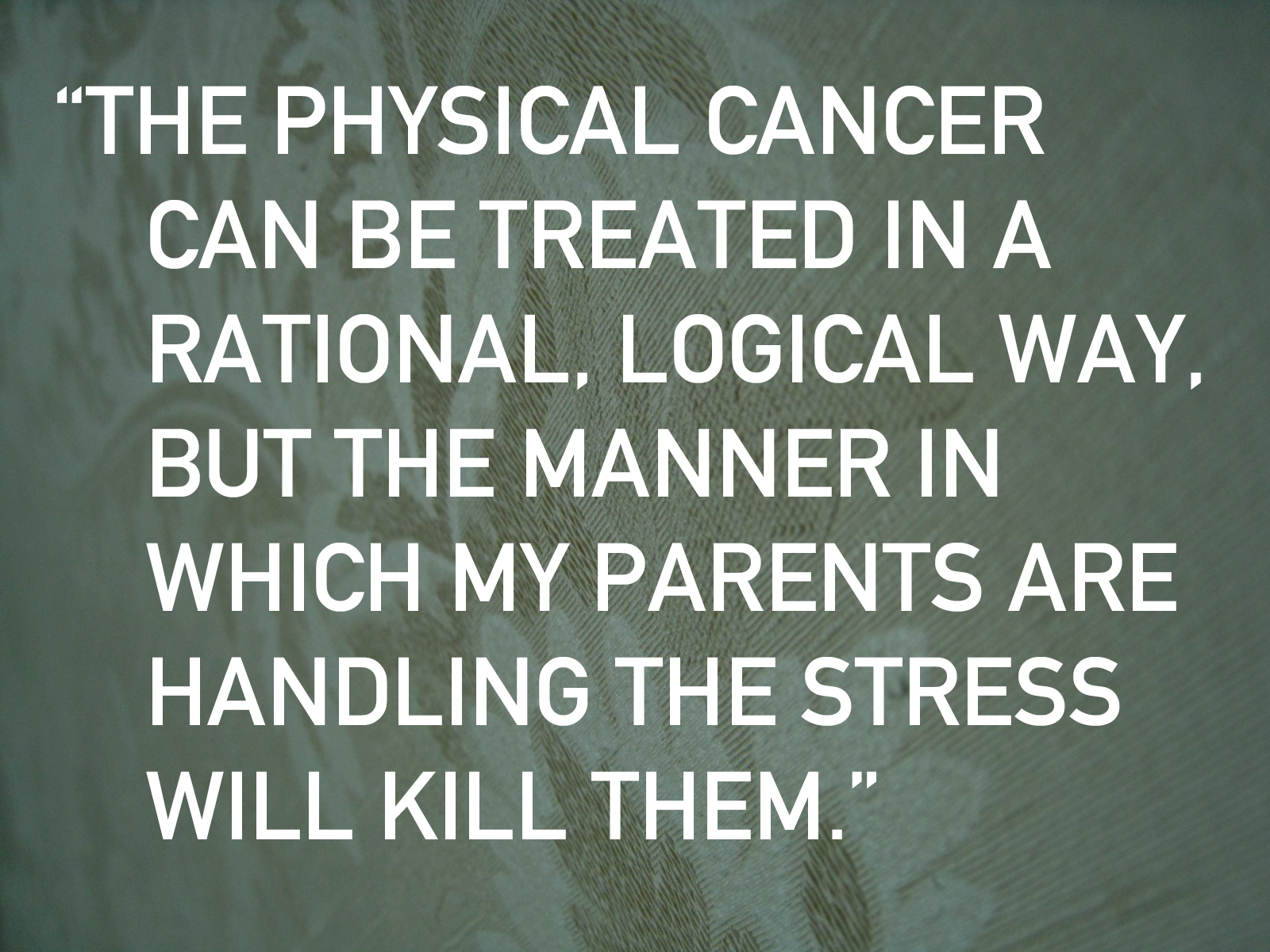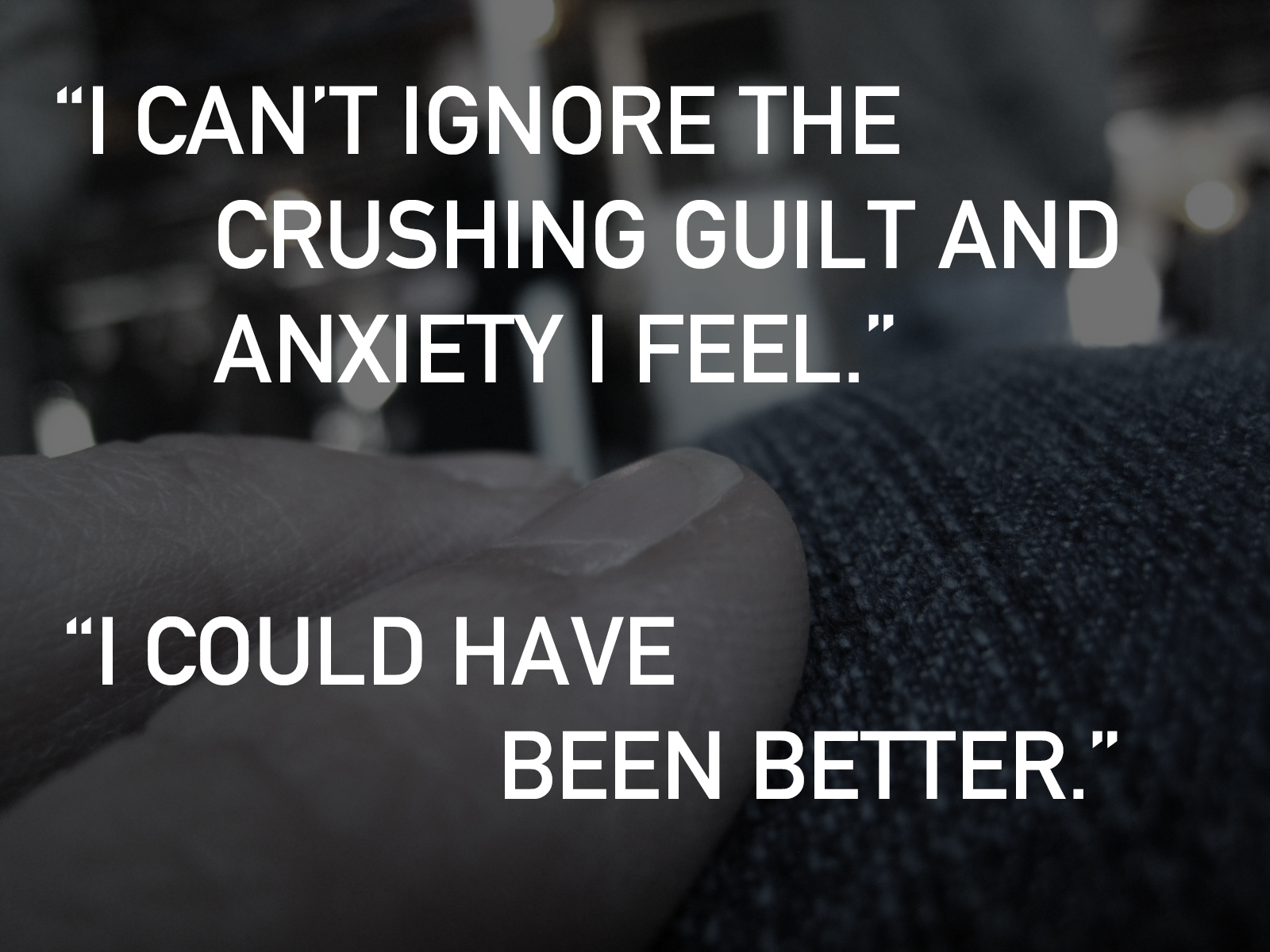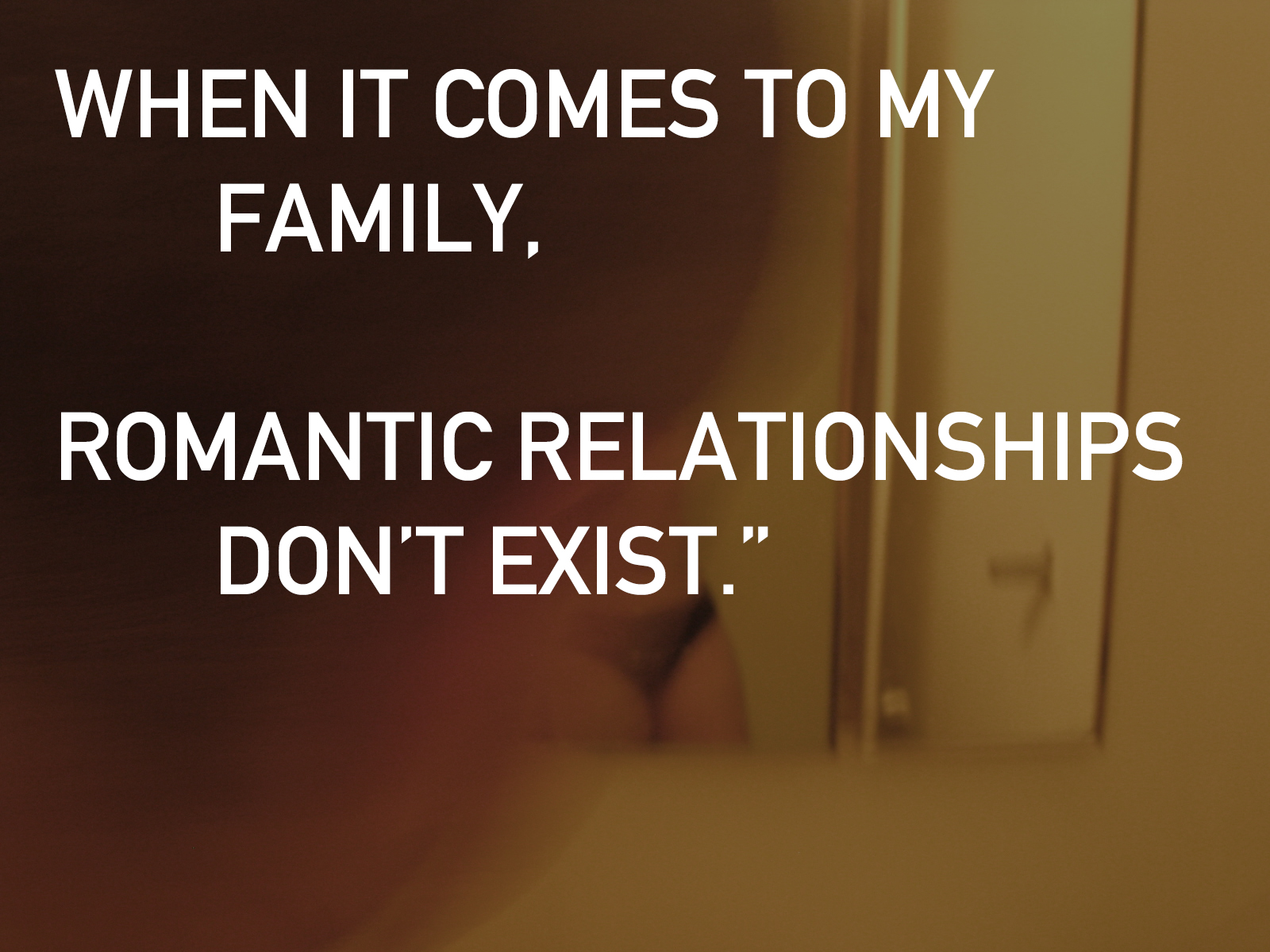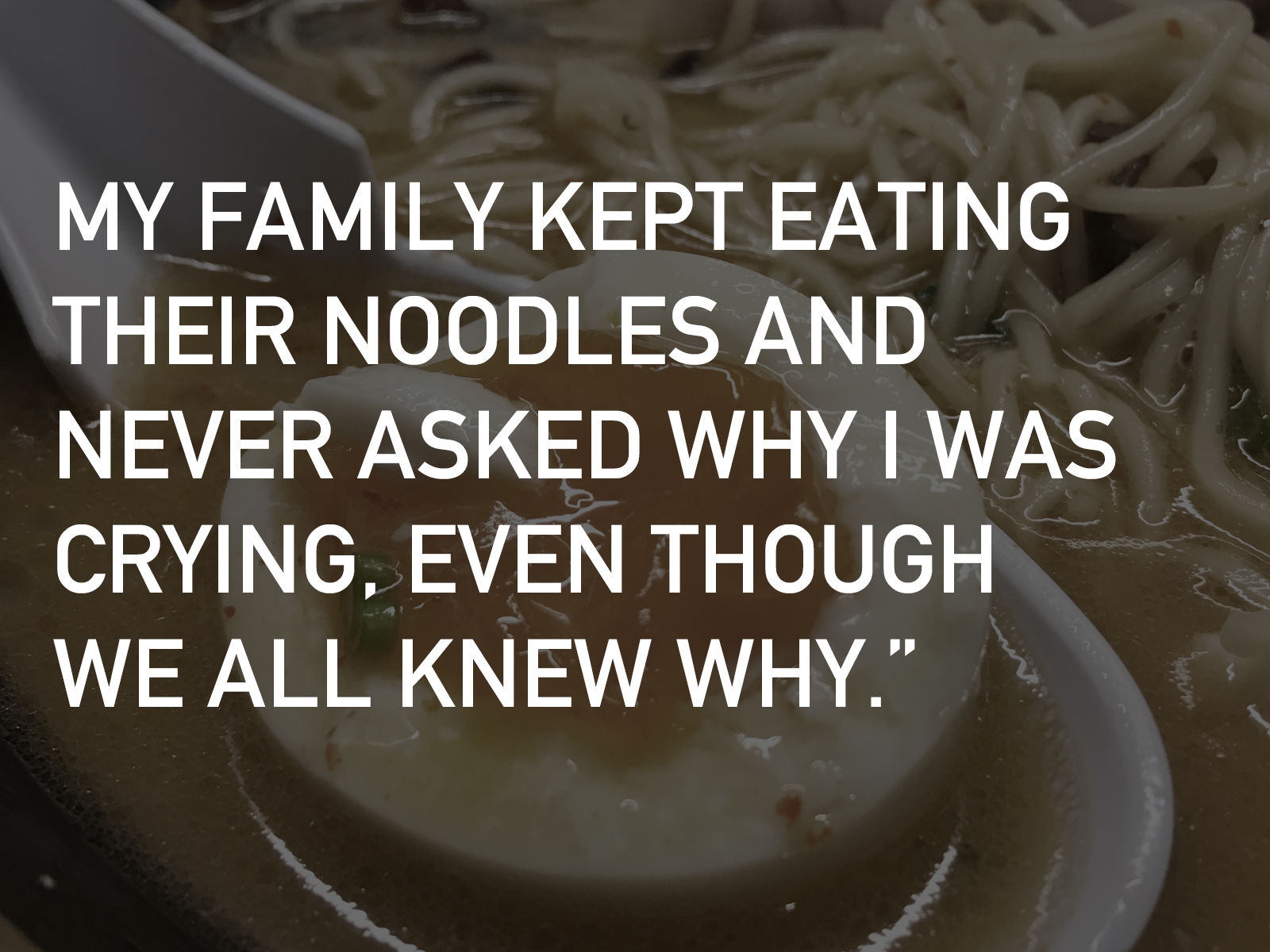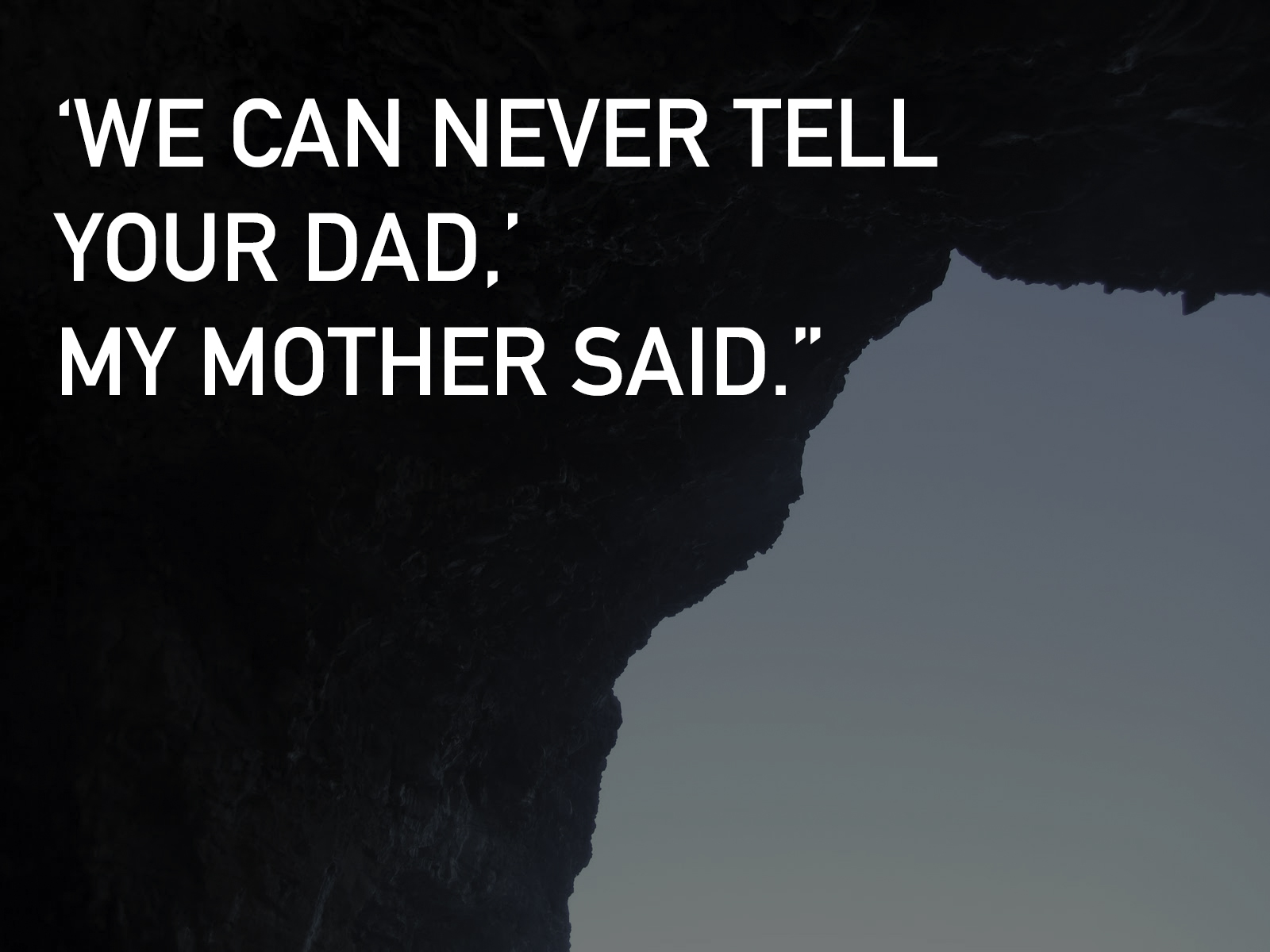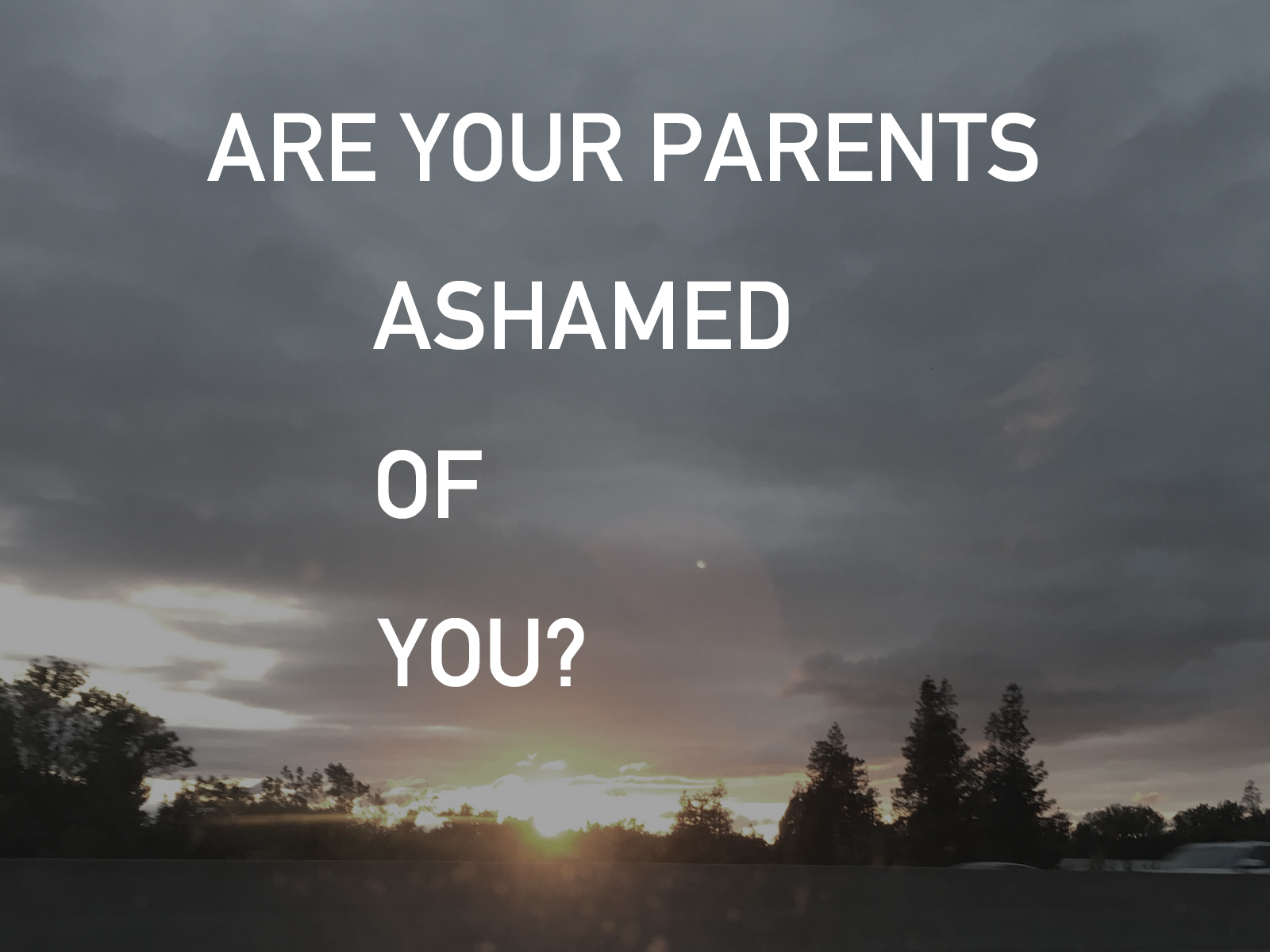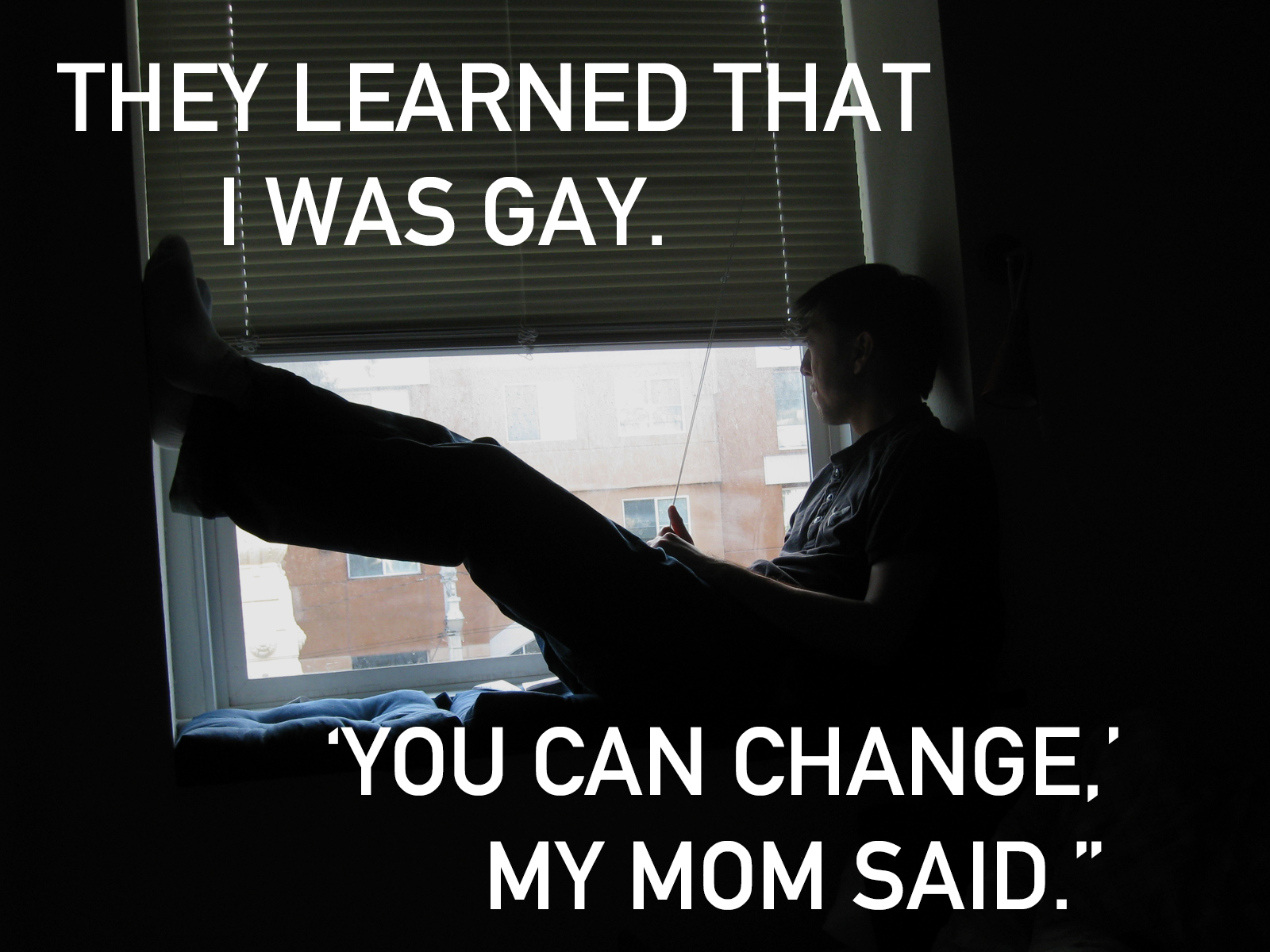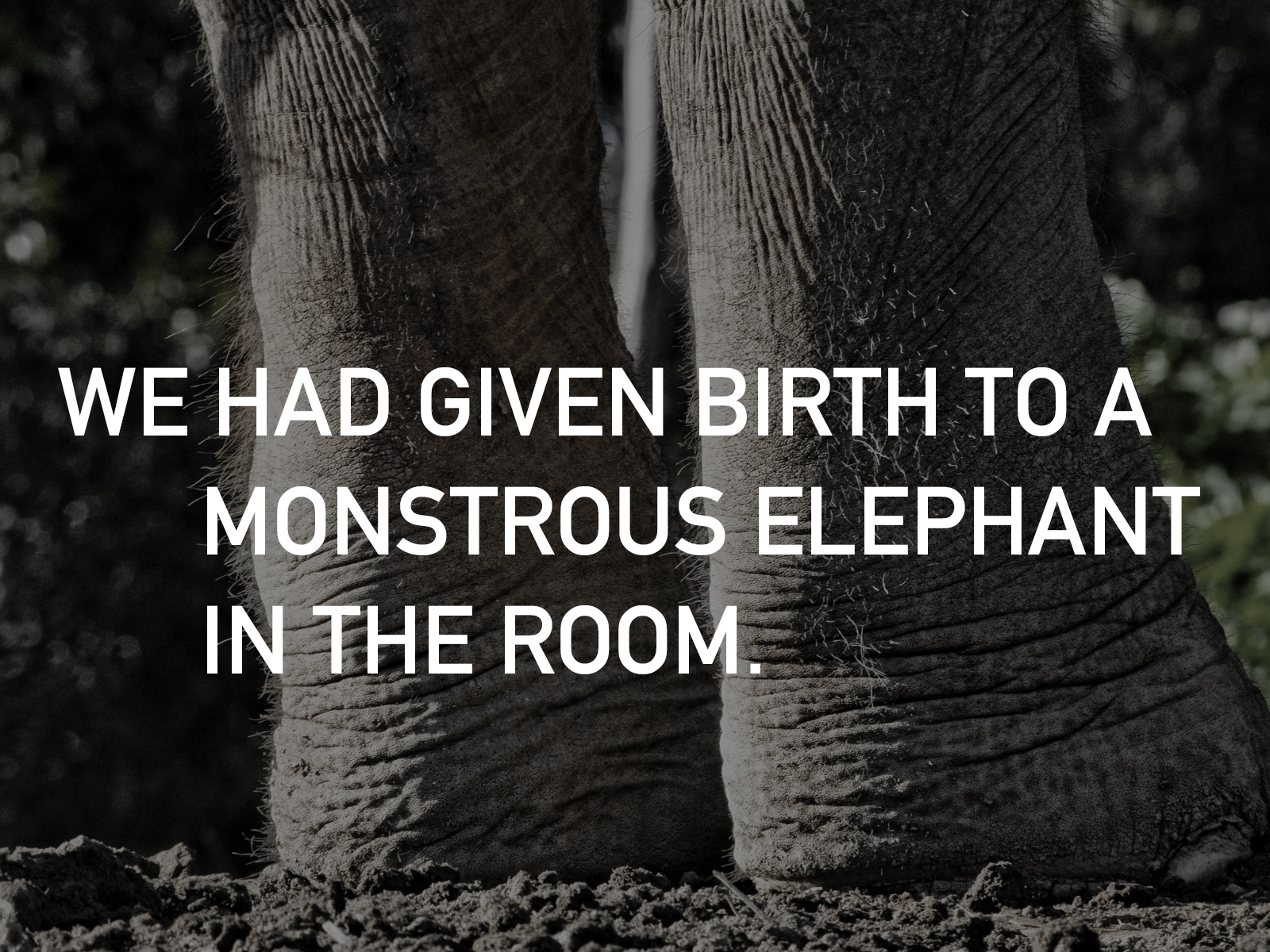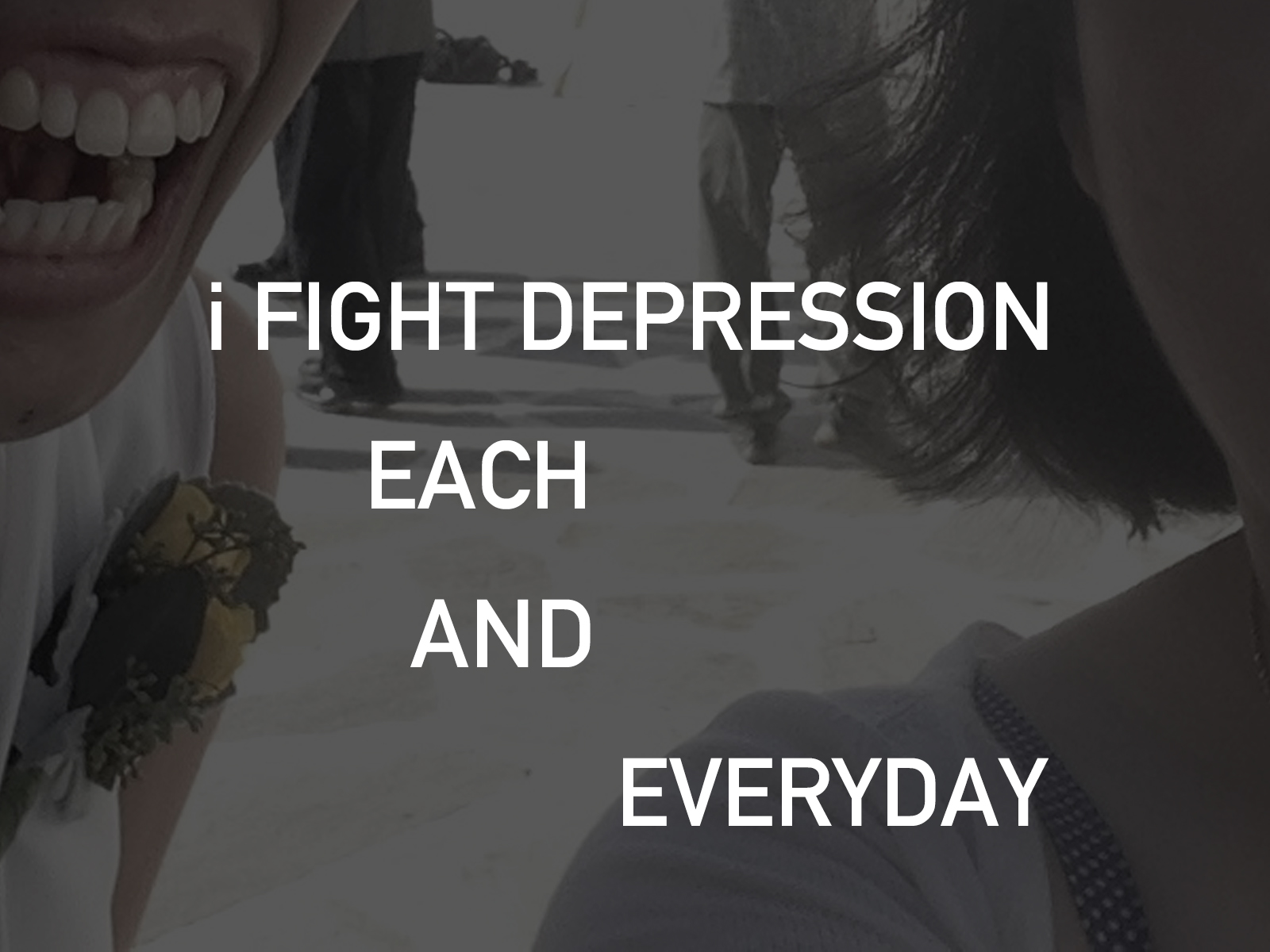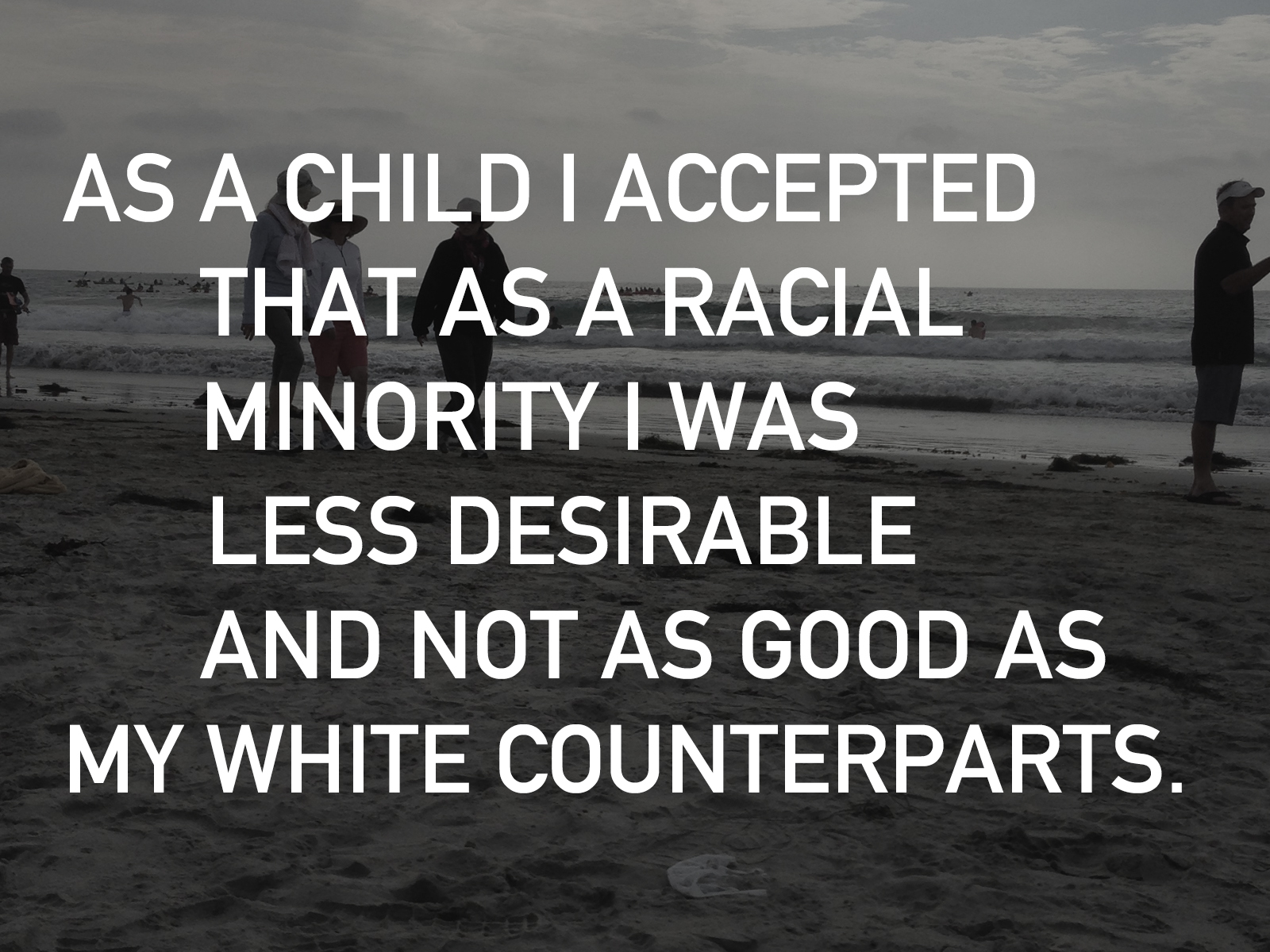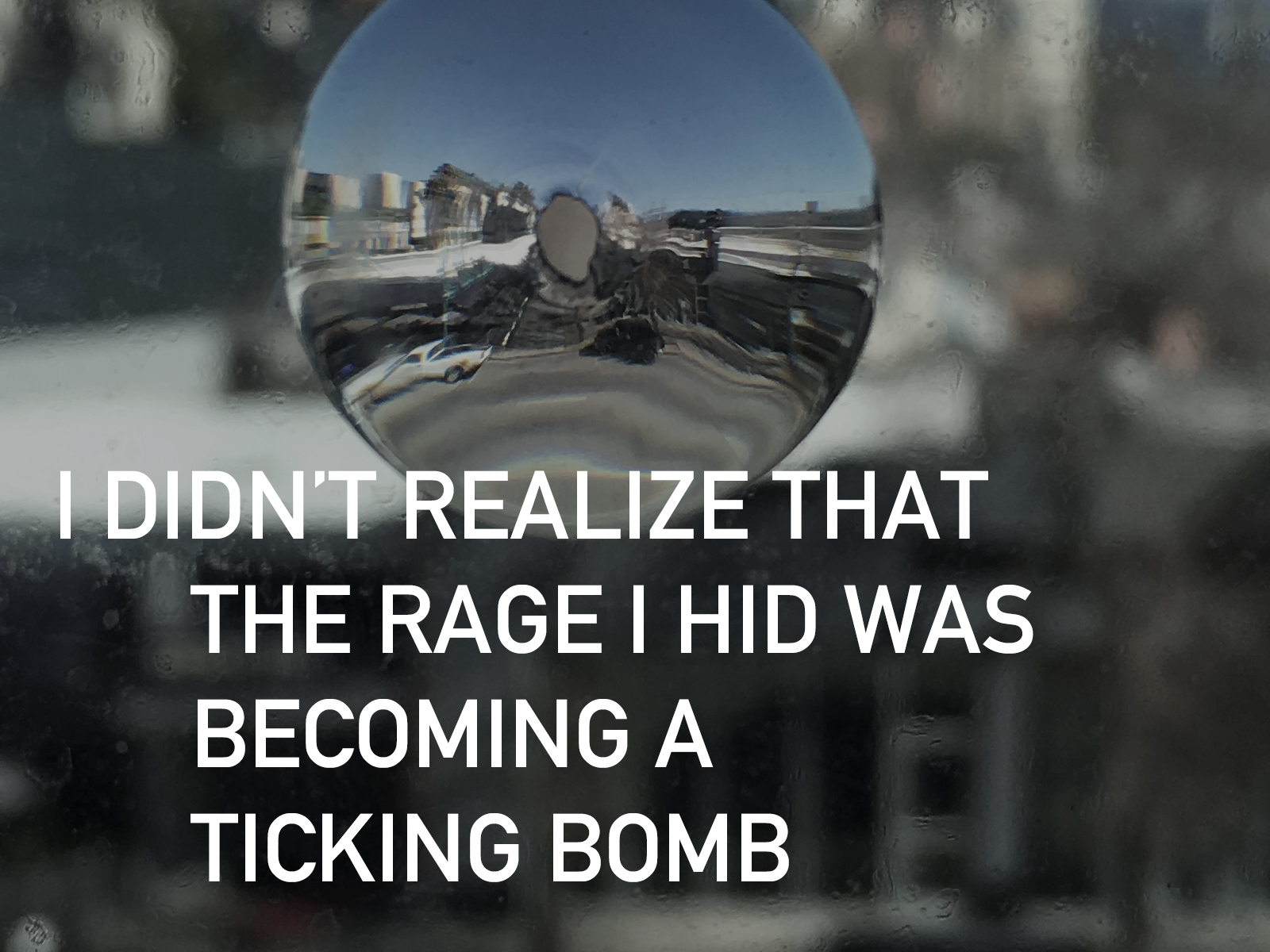Growing up, all of my friends were Asian, and we often shared about and made fun of all the Asian stereotypes that we found in our families. While this was all done in jest, it somehow also helped me to normalize the ways that my family differed from the American society at large. That is, it served the purpose of consoling me as I watched American sitcoms about families and dynamics that were in no way like my own and saw American families in public that were in no way similar to my family. Not only did I not look like them, but we most certainly did not act like them. My family and I didn’t and don’t say “I love you.” We didn’t and don’t hug each other. We didn’t and certainly don’t talk or express our feelings, not in private and definitely not in public.
I remember vividly the year my brother moved away to college. We never talked about it as a family or expressed openly how much we would miss him at home. The morning before he moved into his dorm, we went out to eat as usual as a family. In the middle of that meal, I started crying, my tears dripping into the bowl of warm noodles in front of me. Even in the midst of that anguish, I just remember my family kept eating their noodles and never asked why I was crying, even though we all knew why. It left me feeling awkward and out of place, like an implicit message that I should not have been crying and that it was somehow not normal. In this context, having friends who grew up in the same upbringing as me but who also understood the drastic differences between our culture and American culture helped me make sense of the world I lived in.
Nonetheless, as the years have passed, it continues to be a struggle to balance this gap between the two worlds. I find that as I get older and engage in more reflecting of my life I am also constantly trying to mediate between these two worlds, trying to make sense of who I am and how I should be. It has also left me with this innate awkwardness whenever I do want to talk about my feelings that makes it hard for me to open up to others and express myself.
Ironically, I work in a field where day in and day out I am helping people process their most vulnerable feelings and offering them my utmost empathy. Yet, I struggle to do this in my own personal life. While this struggle to balance between the two worlds continues to be a hard one that I don’t think will ever get fully resolved, I do find comfort in taking pride in all the other assets and positive traits that characterize my culture and my family – the collectivistic mentality, the unflinching support my family members have for one another despite our silence about it, and the strong values that my family has instilled in me.
While I would have liked for my family to be more embracing of open expression growing up and currently, I also understand that no families are perfect, and this is just the way my family is. It is also something I cannot change in my family, but it is something I can change in myself. This is something I have to constantly remind myself so that I can work hard to change it and stop the cycle of restricting and constraining.
KA


